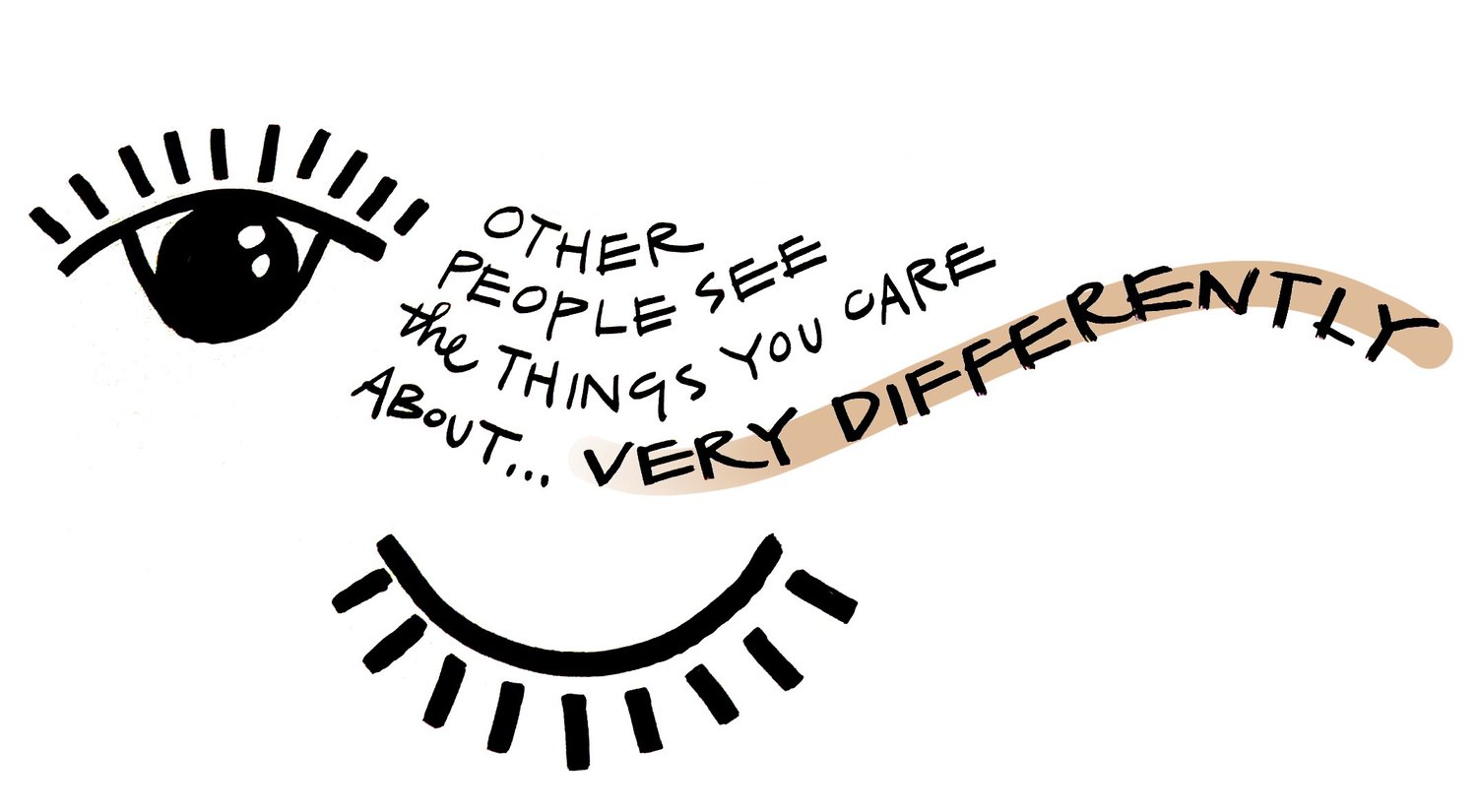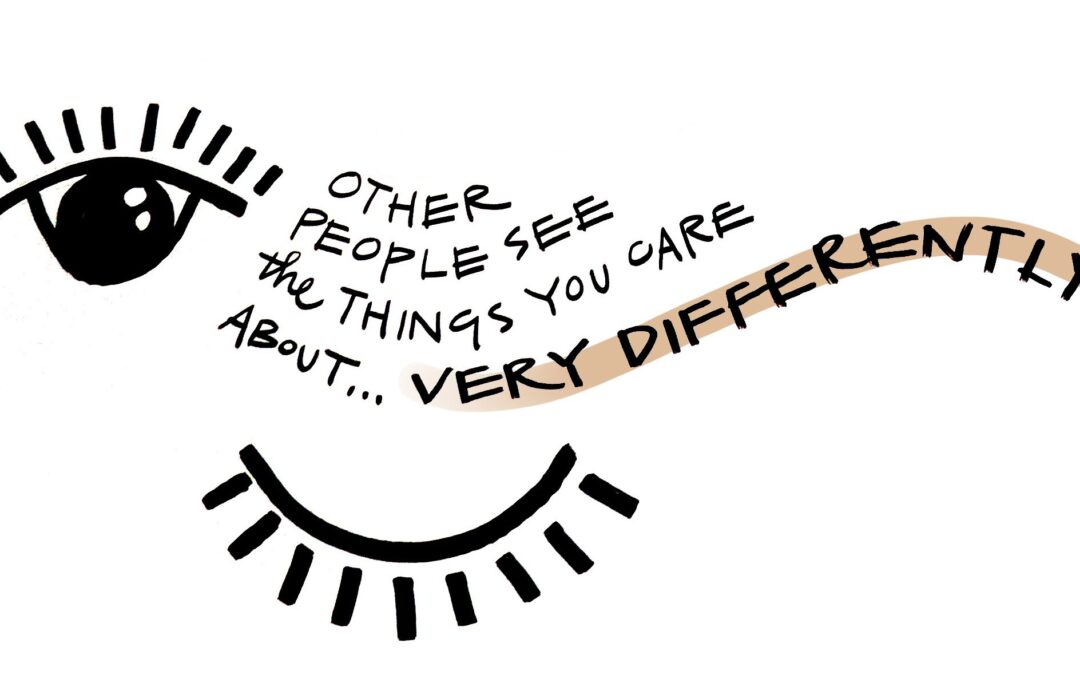Throughout her career as a nonprofit executive, award-winning executive producer and producer/director, broadcast programmer, curator, teacher, and writer, Cara has championed the leadership role of artists in society, and worked to harness the power of cultural...
What Moved Us in 2022
As 2023 has already seen events continuing to unfold around us, I have been repeating the sage advice “pay attention to what you pay attention to.” For me, it’s a reminder that each person’s attention is their most valuable asset in today’s economy. We can be intentional about where we turn our attention, to the benefit of ourselves and everyone around us.
Psychologist Mihaly Csikszentmihalyi sums it up nicely: “What we pay attention to is no trivial matter … we are what we attend to.” Next week, we’ll send around an update about our activities and hopes for 2023. In this newsletter, we’d like to look back at what moved us in 2022. Read on for what we with IRIS are paying attention to and please accept our collective, humble thanks for the gift of your attention.

Graphic from our Story of the Story workshop. By Pinkfish.
Laila Hourani on Mexico City’s Week as the World’s Capital
One of the most remarkable moments for me was the attendance of the performance of Home Within at the Centro Cultural de Bosque in Mexico City last October. In this 60-minute audio-visual performance, Syrian composer Kinan Azmeh and Syrian-Armenian visual artist Kevork Mourad document specific moments in Syria’s recent history and reach into their emotional content in a semi-abstract way. In one hour, the past ten years of my personal history—and that of the Arab region I belong to—rolled out in front of my eyes, touching all my senses, shaking me with pain, then lifting me back-up in hope. When the lights were turned on amidst endless clapping, I realized that I had not been alone in this transformative journey.
Audiences from Mexico to the USA to Afghanistan had been as moved as I was by this performance. It may have touched a different place in their memory than mine, but it still ignited the same sense of pain, hope and agency. Home Within was a part of the Requiem for Justice festival, powered by Landscapes of Hope, an IRIS/Mimeta grantee partner. As an international network, Landscapes of Hope looks at the role of arts in the fight against injustice.
Adeola Oyelabi on Being Brave
I discovered Danielle Ponder from an Instagram ad, and I’m so happy that I did. She’s from my hometown of Rochester, NY and is a lawyer turned singer, which is mind-boggling to me because what can’t she do?
Her strong voice captured me immediately, and I truly hope to see her live one day. I love her song Some of Us Are Brave because it uplifts Black women in all their glory and, throughout the video, we see so many different types of Black women and girls (it was also shot in my hometown!).
Black women are often told to minimize ourselves, dim our light lest we shine too bright, or make other people feel intimidated. This song reminds us that there’s power in being our full selves. That makes me think about intersectionality and all the ways our identities come together to make us who we are. When we do this, we strengthen not only ourselves individually, but each other–as a collective, as a whole, as a people. And any issues that the world, society, has with that is something for them to figure out and deal with. Though we want to be seen, ultimately, we don’t need anyone’s permission but our own.
Mia Deschamps on The Dawn of Everything by David Graeber & David Wengrow
I love a solidly-constructed plot twist, an ending that leaves you wondering and anything that evokes the mind-exploding emoji. This book did all three for me, even while it proposed the most broad-ranging shift in the narratives of human history, society, government, pretty much everything that I’ve ever encountered. What if we sacrificed our real freedoms when we gave up the right to disobey the folks we ourselves put in charge? If freedom is being able to go somewhere else freely and without suffering, simply because we choose to, how “free” are we, really? How did we get stuck thinking that our current governmental paradigms enable not only the best existence but the only one?
Rooted in the writings of Indigenous thinkers, long-neglected Global-South archeology and compelling tales of real communities we should definitely have heard of long before now, Graeber and Wengrow transform the narrative so thoroughly and masterfully that by the time they spit me out the other side, I felt like I had already learned all this back in 10th grade.
Brett Davidson on How Minds Change by David McRaney
One of the most useful books I read in 2022 is How Minds Change. McRaney shows how important social context is to our thinking—we look to others to help us formulate our views and opinions. He argues that conversation is crucial to persuasion—that you can’t change somebody’s mind—people persuade themselves as the right sort of conversation helps them grapple with the cognitive dissonance brought about by conflicting beliefs, attitudes and identities. He contrasts conversation with debates, which he sees as obstacles to persuasion: “debates have winners and losers, and nobody wants to be a loser.”

Graphic from our Story of the Story workshop. By Pinkfish.
McRaney concludes that the success or failure of any large-scale effort at shifting mindsets is largely up to chance. Particular social conditions need to be in place in order for mindset changes to really take off at a massive scale—and whether or not this happens in the case of any particular issue or effort, is basically random. This is disconcerting to say the least, but it does mean we have to keep doing the groundwork at whatever level we can, so that we are prepared and able to take advantage, when and if the factors necessary for large scale impact somehow slot into place.
Carol Misorelli and Graciela Selaimen on Promoting Dialogues and Partnerships
As we finalize this year’s qualitative assessment of the narrative change field in Latin America and the Caribbean, the research process has been tremendously infused by ongoing conversations with partners. The series of IRIS-hosted Tertulia discussions with storytellers offered numerous opportunities for learning and engagement. The dialogue with Linterna Verde and Quid was strategic and focused on information distribution and research. With Conectas, we saw how a major Brazilian human rights organization is exploring storytelling in a series of conversations around humor, food, spirituality and ideas on body, subjectivity and narrative change. These exchanges were thought-provoking, fun and innovative, according to the feedback. We agree with our partners–and we loved it.

Laura Vidal on Opening One’s Cultural Horizons to Find Oneself
I’ve been fascinated and intrigued by intercultural exchanges for years. It is amazing how much the idea we have about “us” and “others” is so dependent on very subjective stories. I could go on about this for hours, but I’ll just say that some of the ways I understood my own region better was when I started looking at it from afar; and some of the ways I understood myself better was through the experiences of people I thought were different than me because they came from another culture.
This fascination has been well fed by this wonderful NPR podcast called “Rough Translation.” They follow stories from “far away” that “resonate at home.” The “center” is the US, as it tends to happen with big media, but I believe the way it’s made opens the door to many listeners from many places to feel part of the stories. A beautiful way to understand the huge amount of things we share, and how wrong we can be about peoples and regions we believe to be far from us.
Innokenty Grekov’s One-Word Tribute to 2022: BAM!
New York’s life is back, and that means modern dance is safe to see in-person again. Akram Khan’s rendition of Giselle at the Brooklyn Academy of Music (BAM) was poetic, dark and heavy. Just the way I like it.
This was in perfect contrast to the happy-go-lucky rendition of this ballet I saw in Saint Petersburg 15 years ago. Seems like a century has gone by since then. Reality hits hard, in so many steps.
Cara Mertes’ 2 for 2022
Daniel Goleman and Tsoyknyi Rinpoche’s Why We Meditate: The Science and Practice of Clarity and Compassion was an unexpectedly apt and useful addition to my rotating reading shelf late last year. Alternating between science of the spirit and the spirit of science, I found myself learning something new and healing with every page turned.
On the other end of the reading spectrum, Maria Popova’s well-loved The Marginalian is a consistent, joy-provoking must-read newsletter amidst all of the incoming mail we sift through every day. No matter what Maria is writing about in a given week, she finds connections across literature, poetry, art, science, images and the natural world. For sixteen years, her archives and inspirations are endlessly fascinating, whimsical and often deeply moving.

